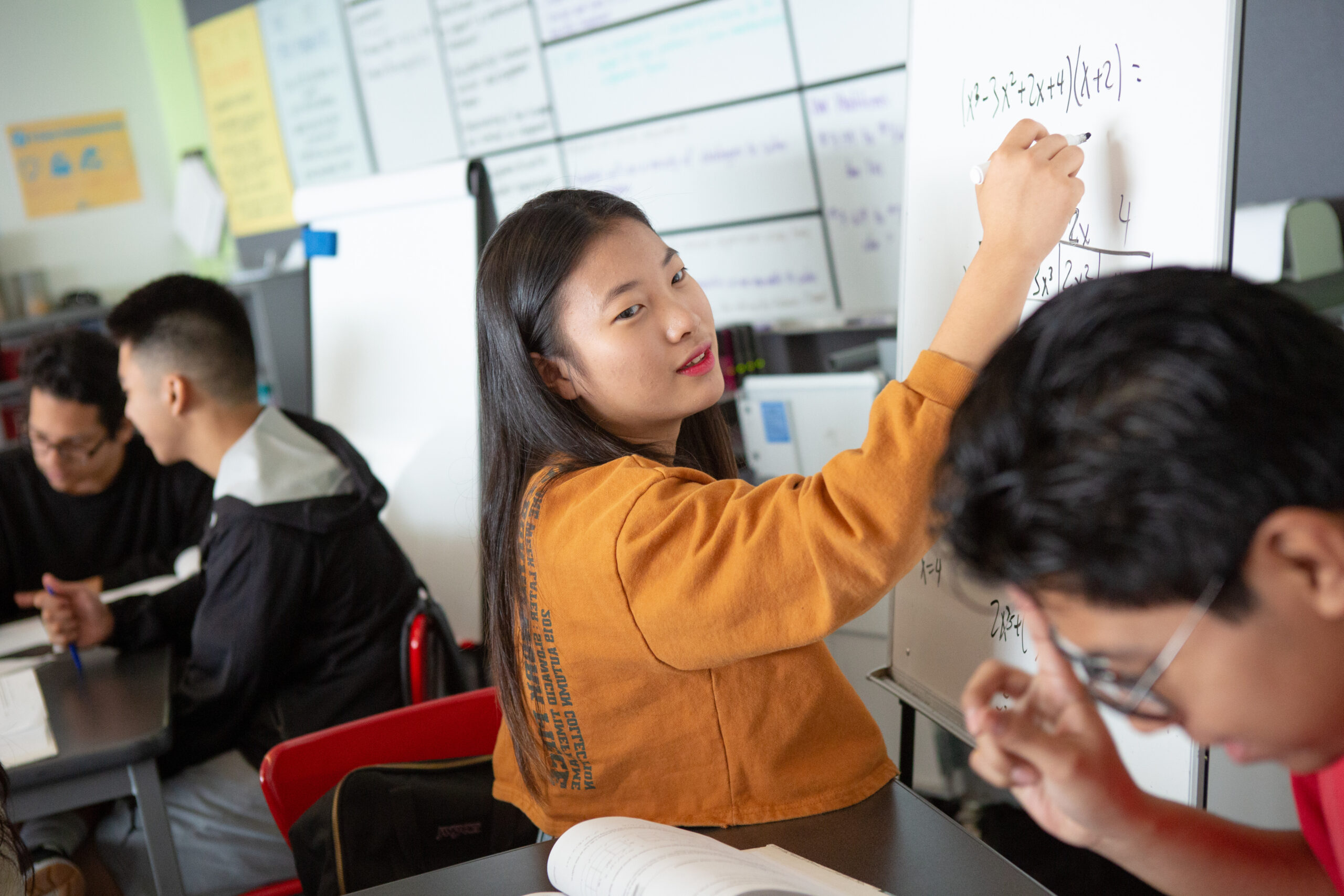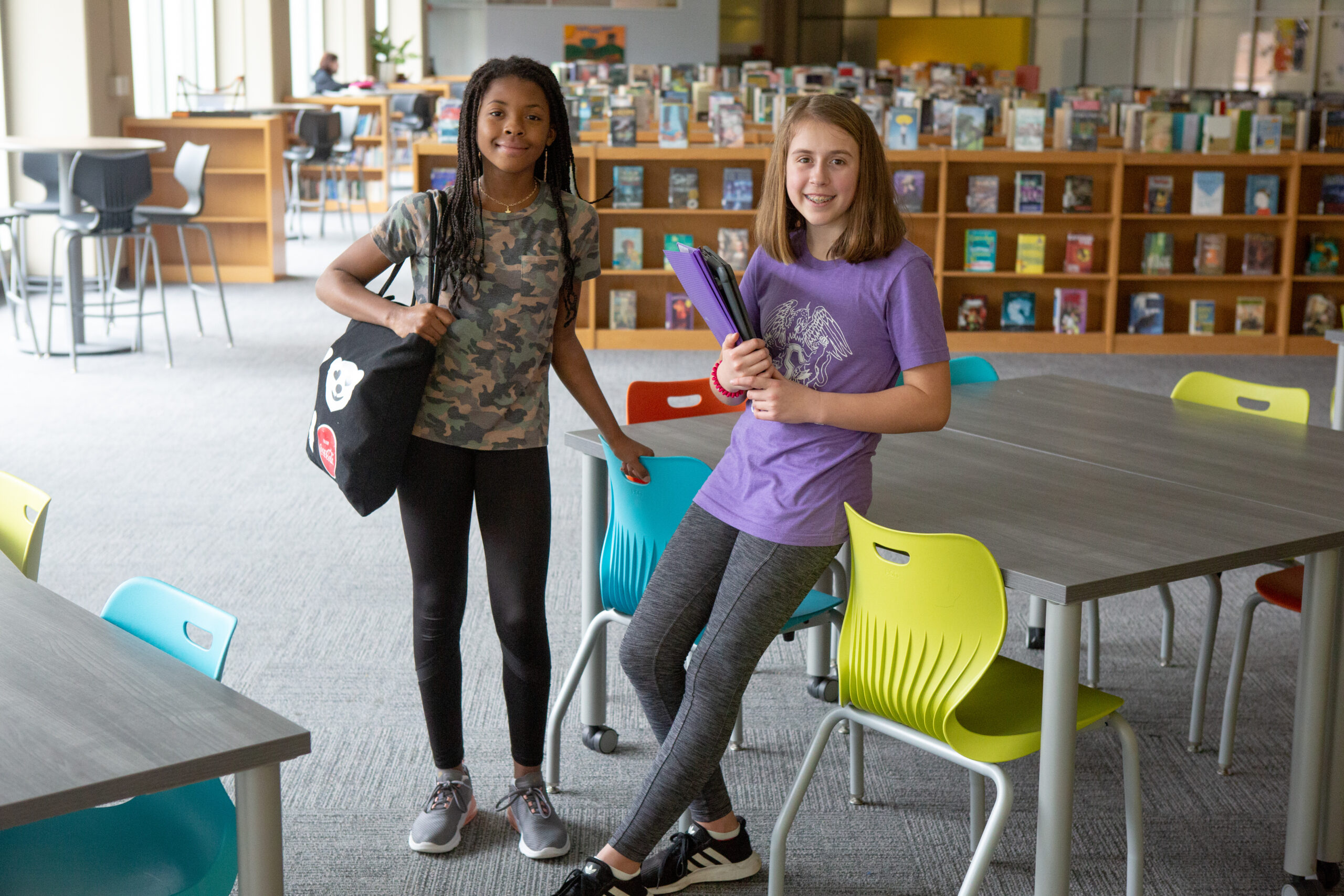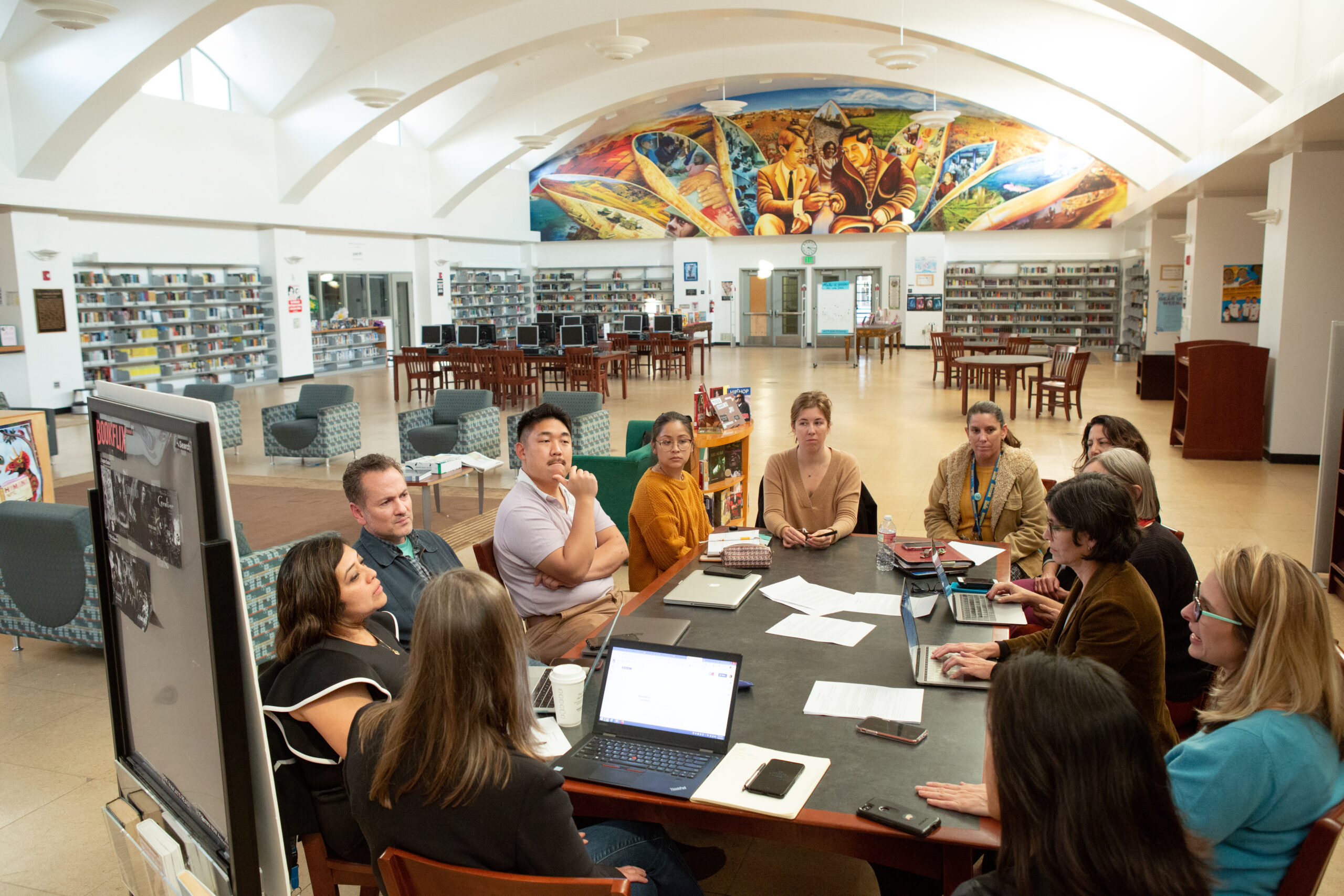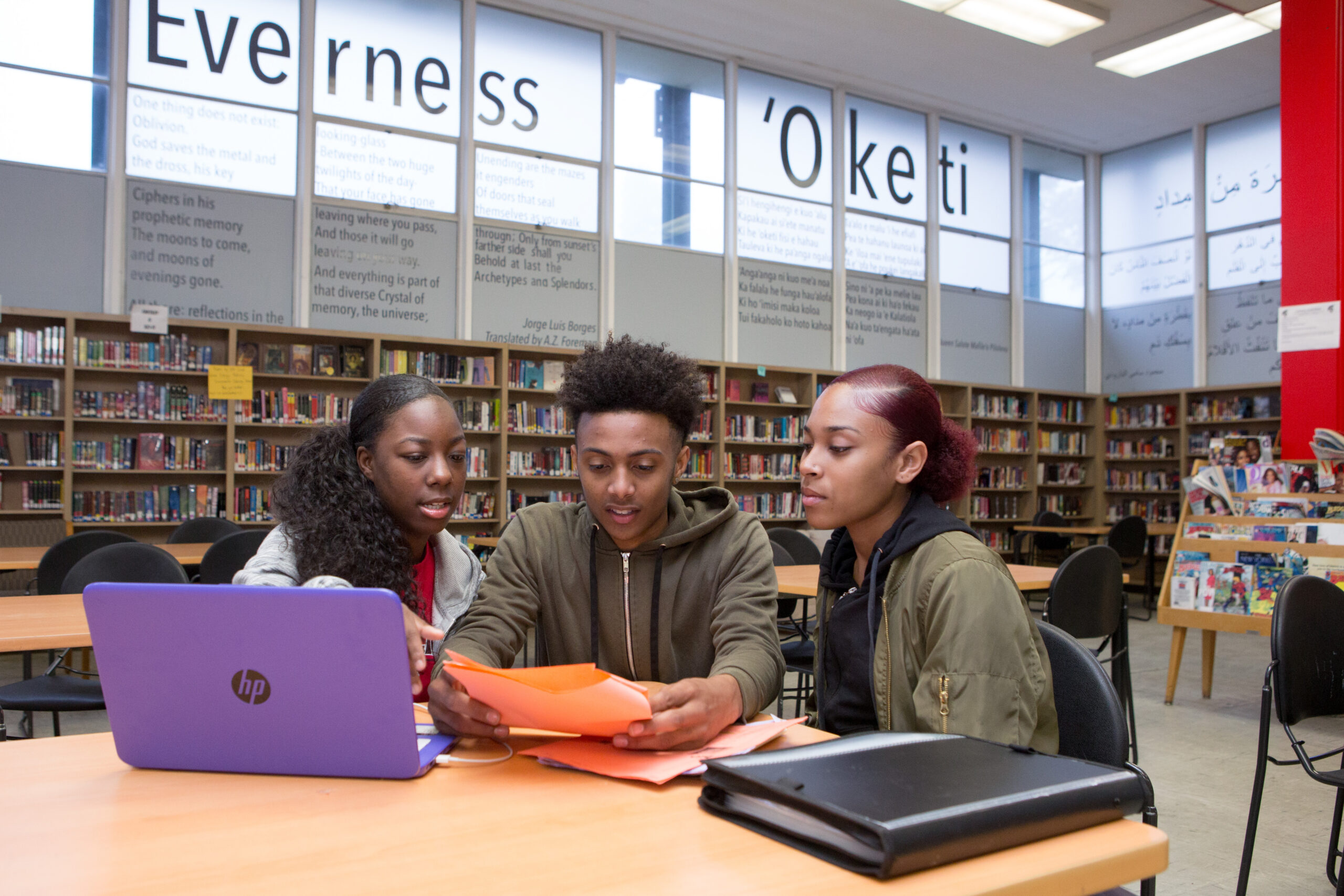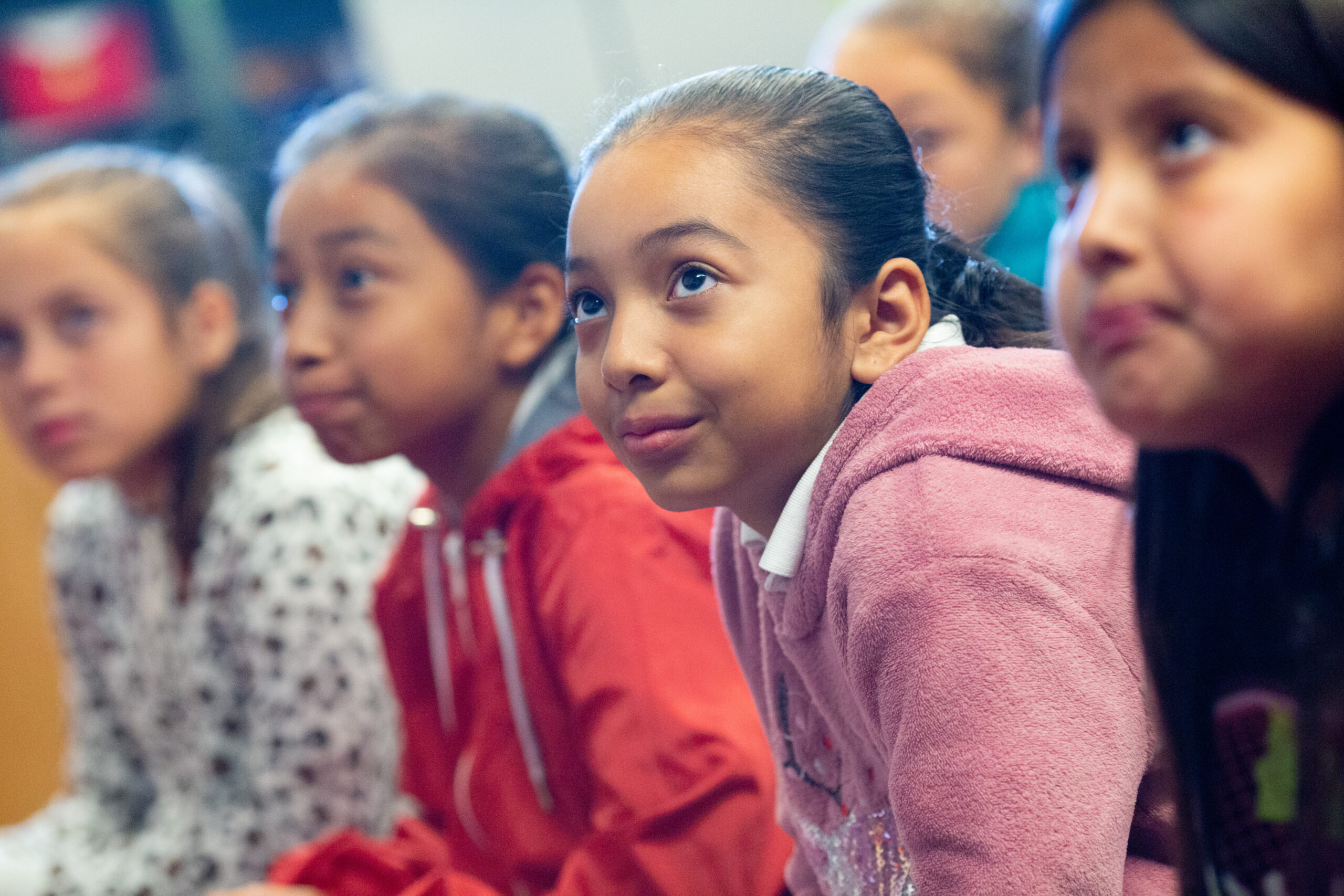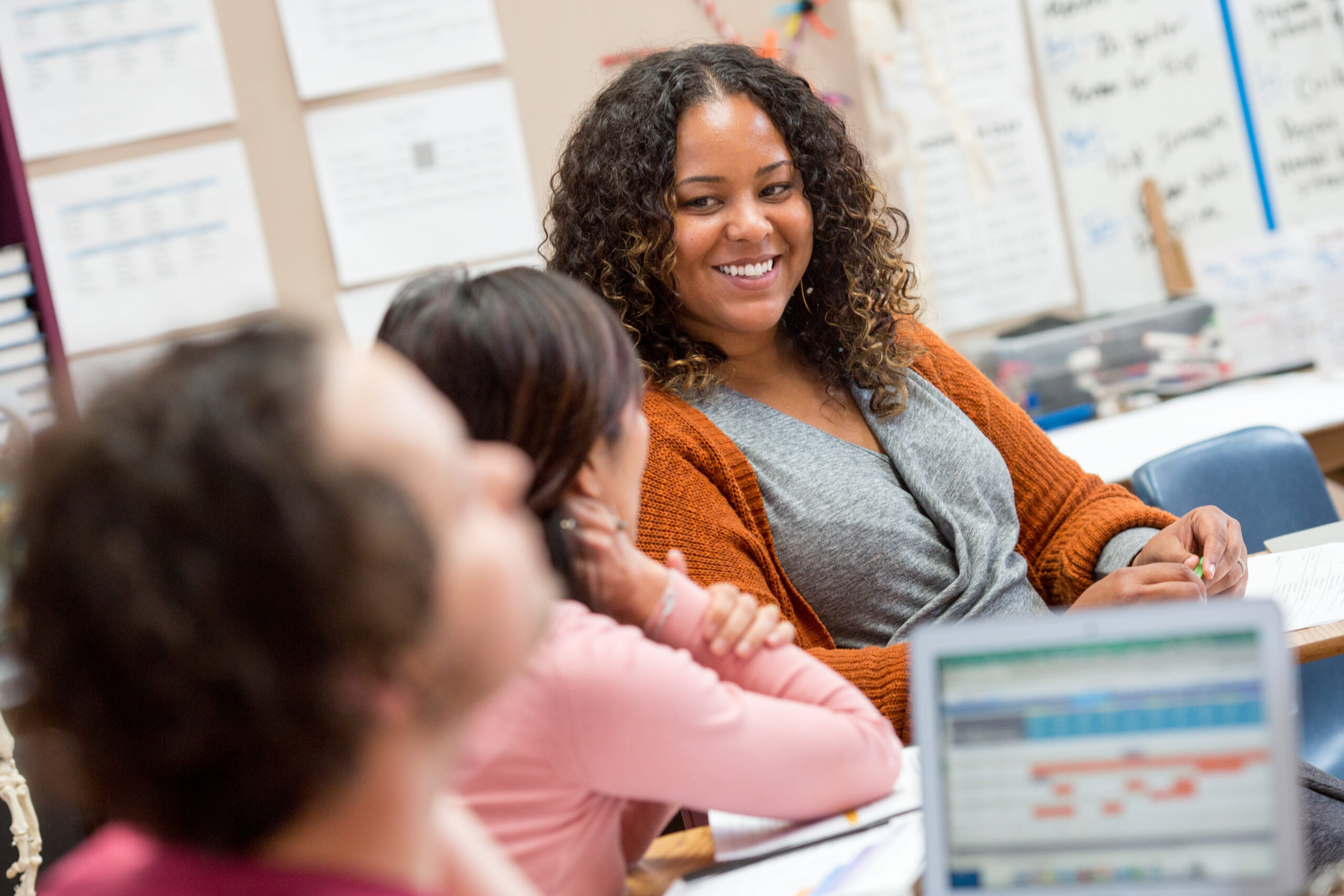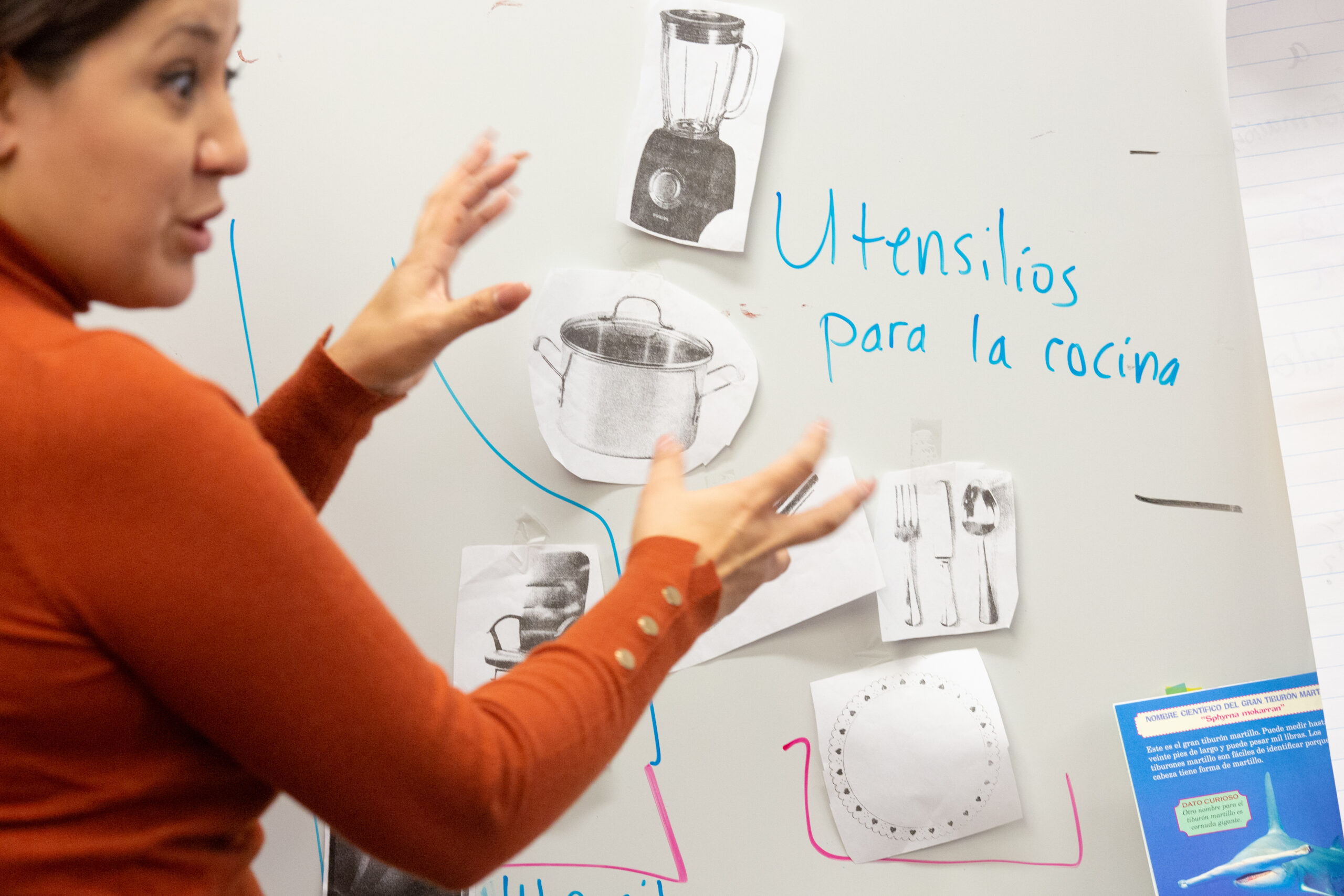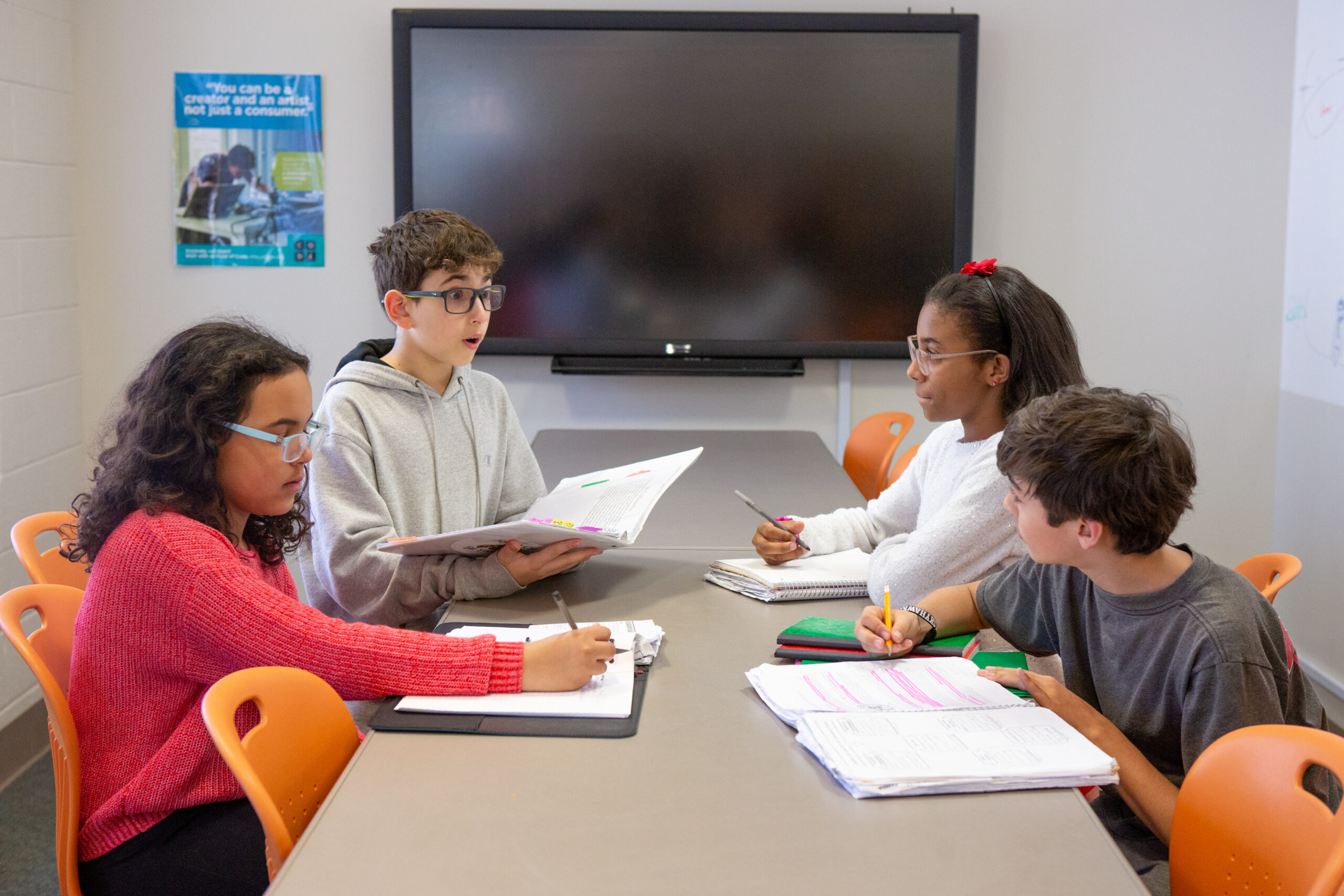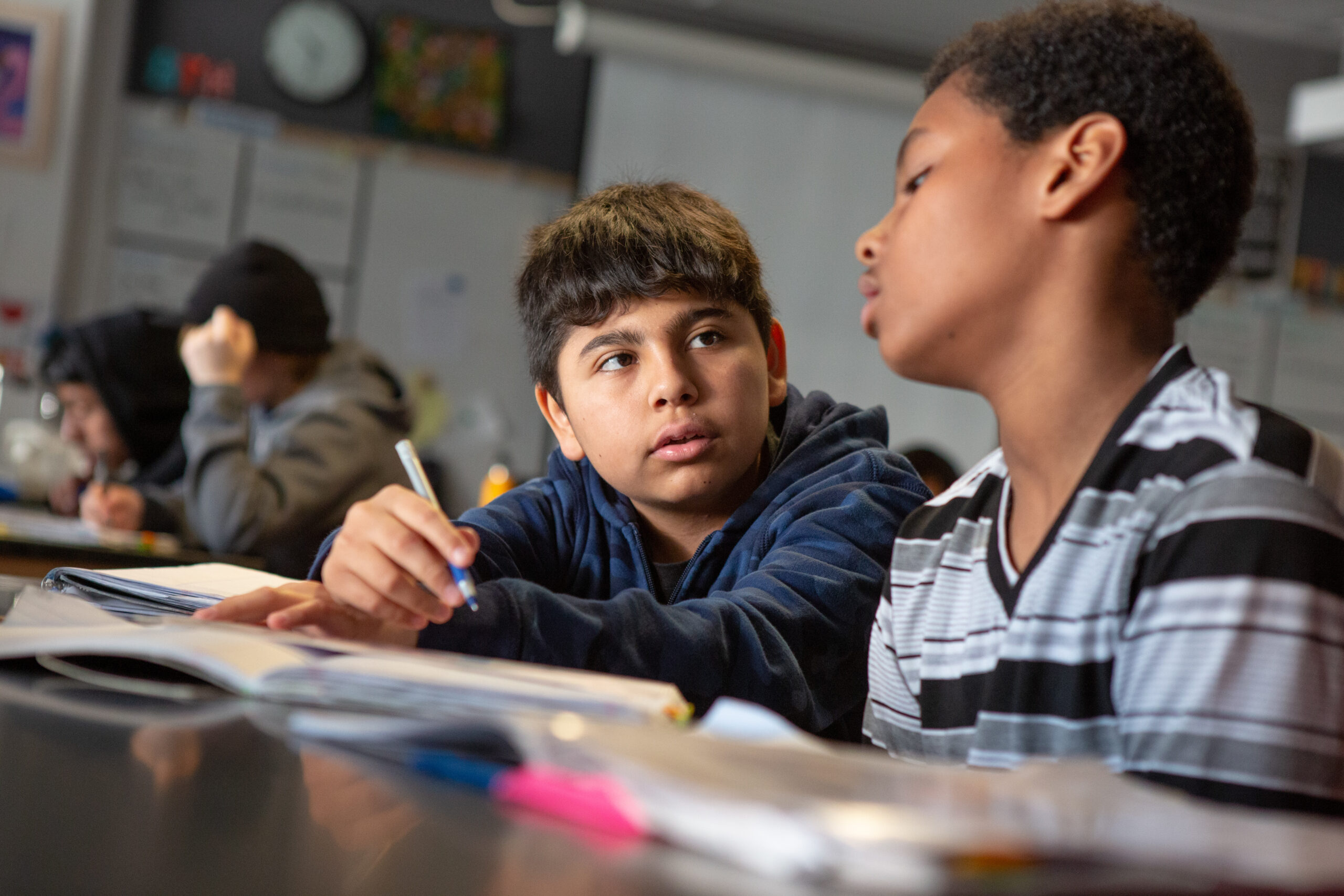Learn More: Student Success Coaching
What is Student Success Coaching?
Student success coaches provide 1:1 tutoring, small group instruction, and skill building to students. They welcome students to school in the morning and run afterschool enrichment programs and school-wide events designed to enhance the school’s culture and climate. Student success coaches form teams of near-peers in schools who partner with teachers to provide integrated, relationship-driven academic, social and youth development supports to enhance student outcomes and create positive learning environments at the classroom and whole school level during and after the school day.
Technical assistance for student success coaching at PSS is led by City Year.
Why Implement Student Success Coaching?
The student success coach approach has strong evidence of impact on students, schools, and coaches according to multiple, rigorous evaluations. Rigorous third-party evaluations show that schools that partner with student success coaches are up to two to three times more likely to improve- in English and math assessments. The more time students spend with coaches, the more they are to improve on social, emotional, and academic skills, with students who are furthest behind benefitting the most. And there’s evidence that student success coaches’ focus on personalized learning and developmental relationships builds student engagement and connection to school the work has an impact on reducing the number of students who are off track to high school graduation.
The holistic nature of the work leads to a high return on investment for schools. A 2018 analysis by Deloitte showed that for the schools that partner with student success coaches, the student success coach model is 78% more cost-effective than contracting with individual providers to deliver the same set of services.
AmeriCorps members also benefit from their time as student success coaches, with 91% of alumni stating that serving had a positive impact on their lives. Today, 52% of alumni are currently working in the education sector (45% of student success coach alumni in the teaching profession are people of color compared with 21% nationally) and 85% of those who become teachers remain in the profession. We are learning more about the impact of student success coaches every day.
See Student Success Coaching In Action
Learn More! Additional Resources
The resources below provide additional information on student success coaching.
Student Success Coach-Target Program Profile (Synthesis of Research)
Intentional Futures
If pursued a mixed methods research approach, synthesizing insights from an extensive literature review,
administrative data analysis, stakeholder interviews and focus groups, expert interviews, and co-design workshops.
A key principle of the work was to center and elevate the voices of those closest to the implementation of the
Student Success Coach (SSC) model: SSCs, students and teachers.
Using Data and the Human Touch: Evaluating the NYC Inter-Agency Campaign to Reduce Chronic Absenteeism
Robert Balfanz and Vaughan Byrnes
Following a 2008 report that documented the extent of chronic absenteeism in New York City’s schools, the city organized an interagency task force to develop and implement a citywide effort to reduce chronic absenteeism.
Analysis of the Impacts of City Year's Whole School Whole Child Model on Partner Schools' Performance
Meredith, Julie; Anderson, Leslie M.
City Year is a learning organization committed to the rigorous evaluation of its “Whole School Whole Child” model, which trains and deploys teams of AmeriCorps members to low-performing, urban schools to empower more students to reach their full potential.
Addressing Early Warning Indicators: Interim Impact Findings from the Investing in Innovation (i3) Evaluation of DIPLOMAS NOW
William Corrin, Susan Sepanik, Rachel Rosen, and Andrea Shane, MDRC
Too many students in high-poverty urban communities drop out of high school, and too few graduate prepared for college and careers. Three national organizations — Talent Development Secondary, City Year, and Communities In Schools — partnered to form Diplomas Now in an effort to turn
those numbers around.
How a Personalized Approach to Learning Helped One Organization Quickly Adapt in a Global Pandemic: A City Year Case Study
Jacquie Beaubien, Motivation, Mindset & Equity Consulting
City Year is an education and human development organization that works with community partners to support student success, advance educational equity, and contribute to systems-level changes in policy and practice that address the root causes of inequitable educational outcomes
City Year’s Research & Learning Agenda Spring 2022
City Year
City Year strives to advance educational equity and prepare young adults to work across lines of difference. To do this, City Year recruits and trains AmeriCorps members who serve in schools as Student Success Coaches.
From Downward Spiral to Virtuous Cycle: City Year’s Breakthrough in Education
Bill Copeland and Michael E. Raynor, Deloitte
Too many high school students with the ability and desire to
graduate end up dropping out. The human and economic cost of a
high dropout rate is eye-watering.
City Year’s 2020 National Alumni Survey City Year
City Year
City Year alumni are culturally competent, civically engaged and diverse changemakers who have experience bringing people together, working in collaborative teams, learning from and rebounding from setbacks, and taking action for the common good.
Connecting Social-Emotional Development, Academic Achievement and On-Track Outcomes: A Multi-District Study of Grades 3-10 Students Supported by City Year AmeriCorps Members
Robert Balfanz and Vaughan Byrnes, Everyone Graduates Center, School of Education, Johns Hopkins University
There is a growing understanding that an integrated
approach to social, emotional, and academic development provides the best path toward ensuring all students
graduate from high school prepared for postsecondary
and adult success.
Reference to any non-U.S. government organization, event or product does not constitute an endorsement, recommendation or favoring of that organization, event or product and is strictly for the information and convenience of the public.
This website is developed and maintained by the Everyone Graduates Center at Johns Hopkins University for Partnerships for Student Success. It follows the website privacy policy found here. View the website's accessibility statement here.
As of January 19, 2025, this website no longer represents the National Partnership for Student Success public-private partnership.

